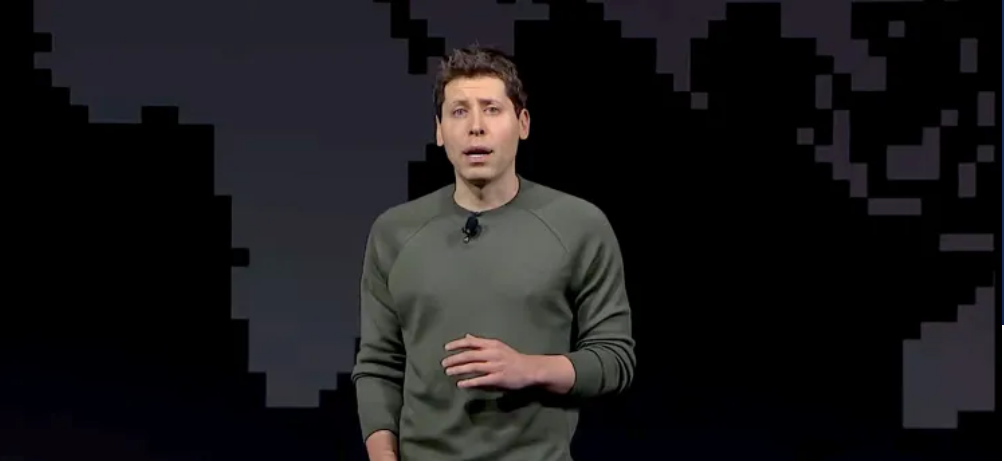5 Biggest breaking news from the world of AI & Tech in last 24 hours
1)
Telegram agrees to share users’ data with authorities in response to legal request

According to Bloomberg, WhatsApp rival Telegram has agreed to share their user’s data including their IP addresses and phone numbers with authorities if prompted by a legal request. This comes barely weeks after Telegram’s CEO Pavel Darev was arrested in France, before he was eventually released. This marks a dramatic change in Telegram’s policy, which historically has never been forthcoming in sharing the data of its users including even suspected criminals to authorities. The report further claims that Telegram will also improve its content moderation practices for taking down controversial content from its platform, something again that it has always been hesitant in the past.
2)
X to allow blocked users to checkout your post

X is making its blocked feature little less powerful and ineffective. This after Elon Musk announced bold changes to platform’s blocking feature, allowing blocked users to see your posts. However, some of the core features will still remain active. This means that blocked accounts still won’t be able to interact with you. Musk always had a strong disliking for the blocked feature. Ever since his takeover of the popular microblogging platform, Musk had given multiple hints that he would be making drastic changes to this feature. It now remains to be seen how X users will react to these new changes.
3)
Sam Altman sets the timeline for ‘superintelligence’

Sam Altman, CEO of OpenAI, on Monday published a rare blog post wherein he made several bold claims. However, the claim that caught everyone’s attention was his opinion about ‘Superintelligence’ – an AI system that will be supposedly way smarter than humans. Altman claimed that ‘Superintelligence’ could become a reality in next one thousand days. This roughly amounts to 2.7 years, which means that a much smarter AI system could become reality much earlier than most of us had anticipated. Altman also made some other claims like AI assistants and agents will become widespread phenomena in the coming years. He also added in coming decades AI will be able to solve some of the most complex problems that are beyond our imagination.
4)
OpenAI looks to solve global language divide problem with its Multilingual AI Dataset

OpenAI, the company behind ChatGPT, on Monday took a huge step in solving the language barrier problem by releasing a massive multilingual AI dataset. The dataset, which covers nearly 14 languages including German and Arabic, will allow developers to create AI models in the native languages of their own countries. This will greatly help in building the digital divide. Even today most of the AI models are primarily focused on English. However, OpenAI’s latest step will make its cutting-edge AI models to more people, especially those who hail from non-English speaking countries. The company has made its Multilingual Massive Multitask Language Understanding (MMMLU) dataset available on the Hugging Face.

